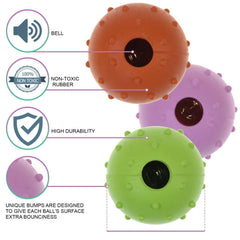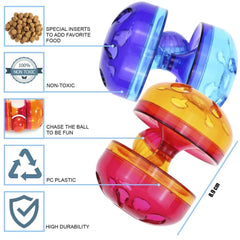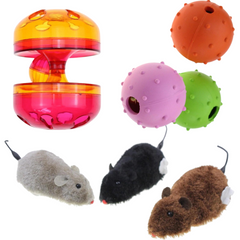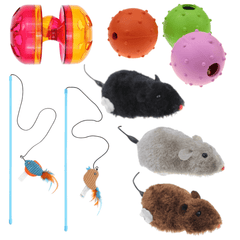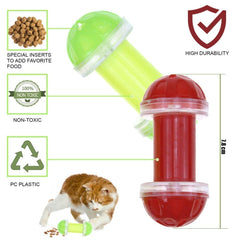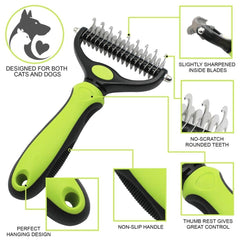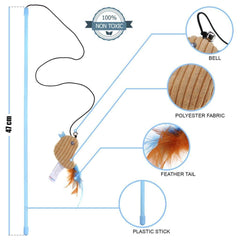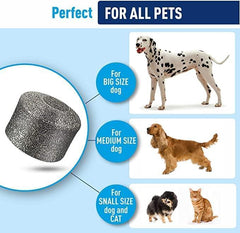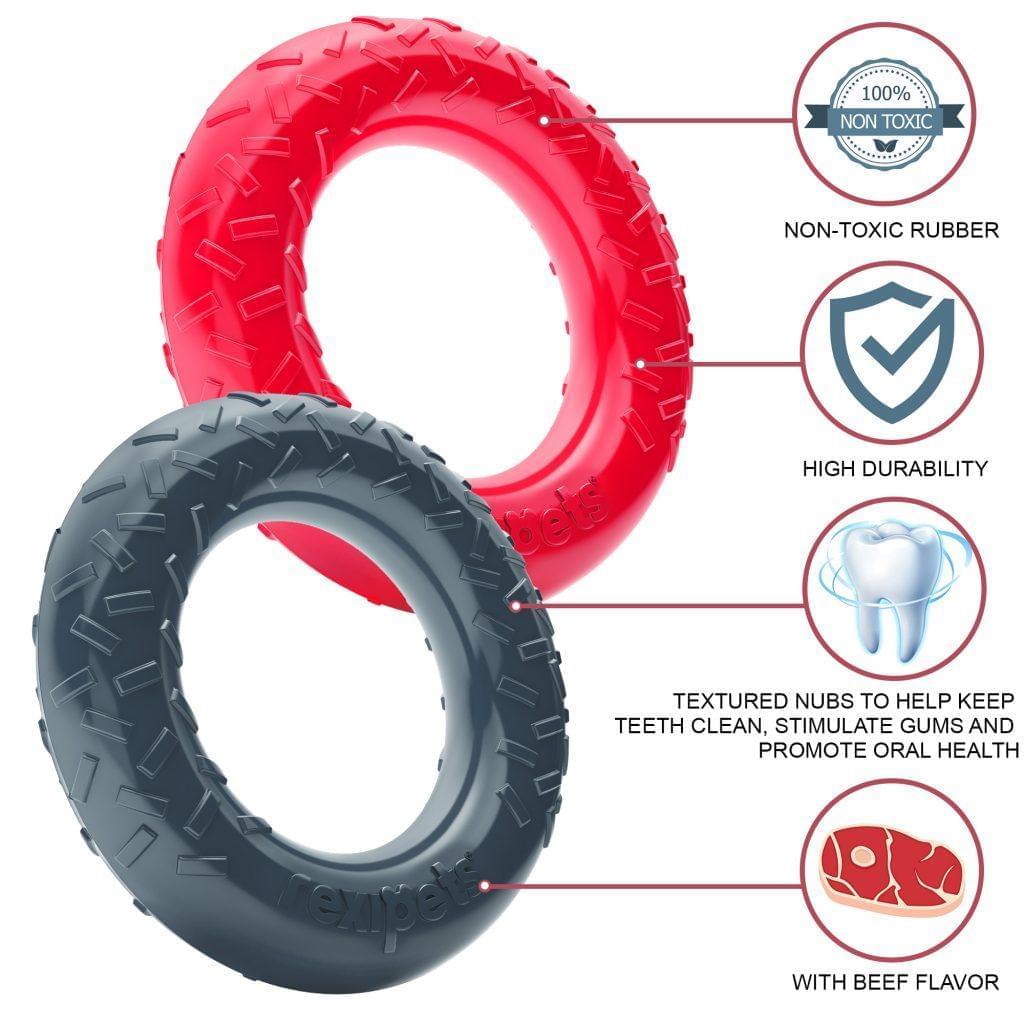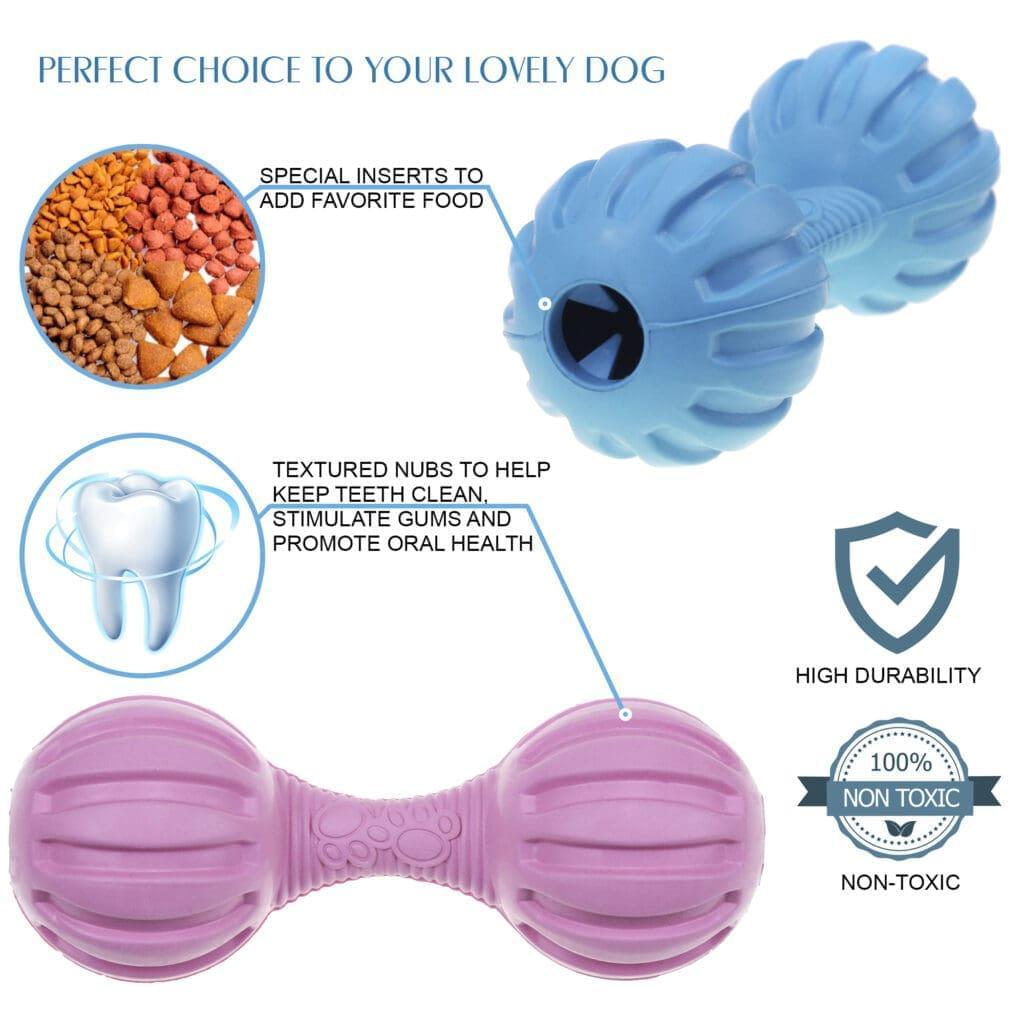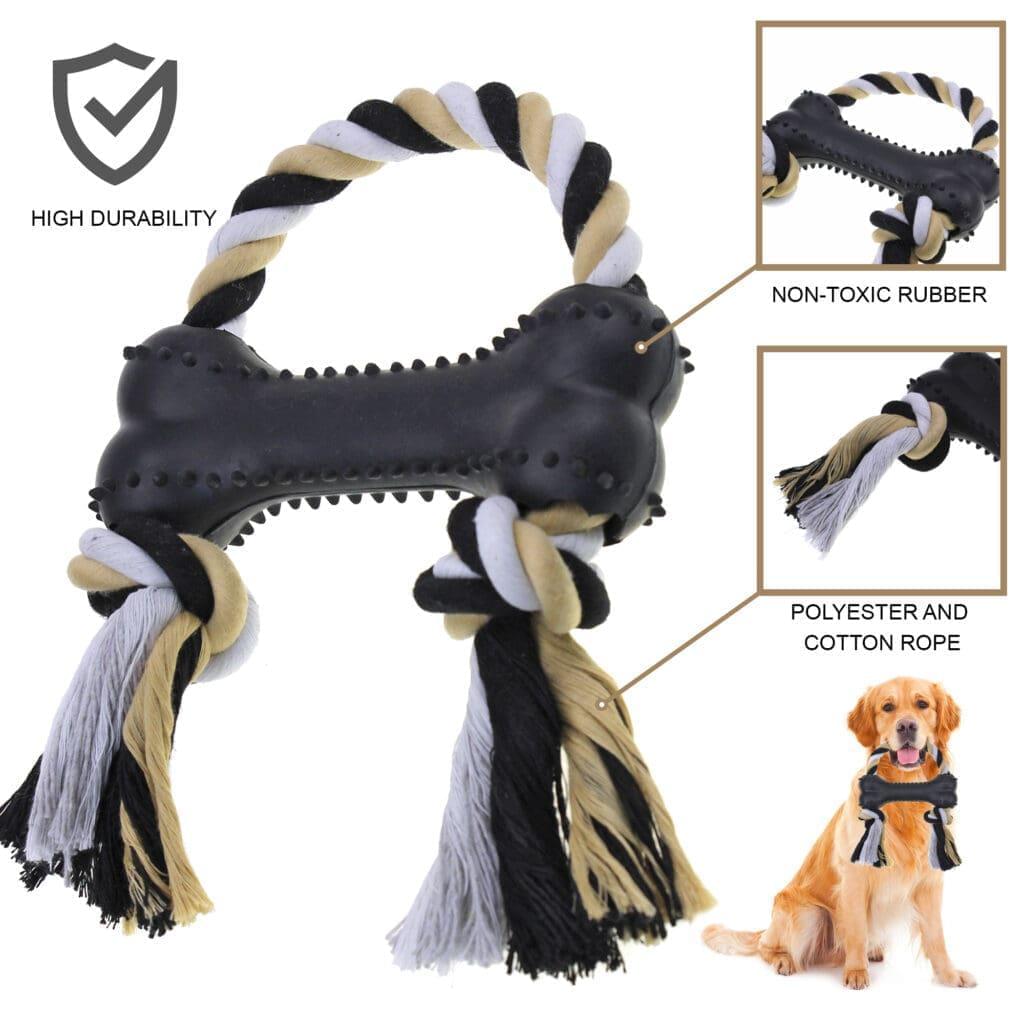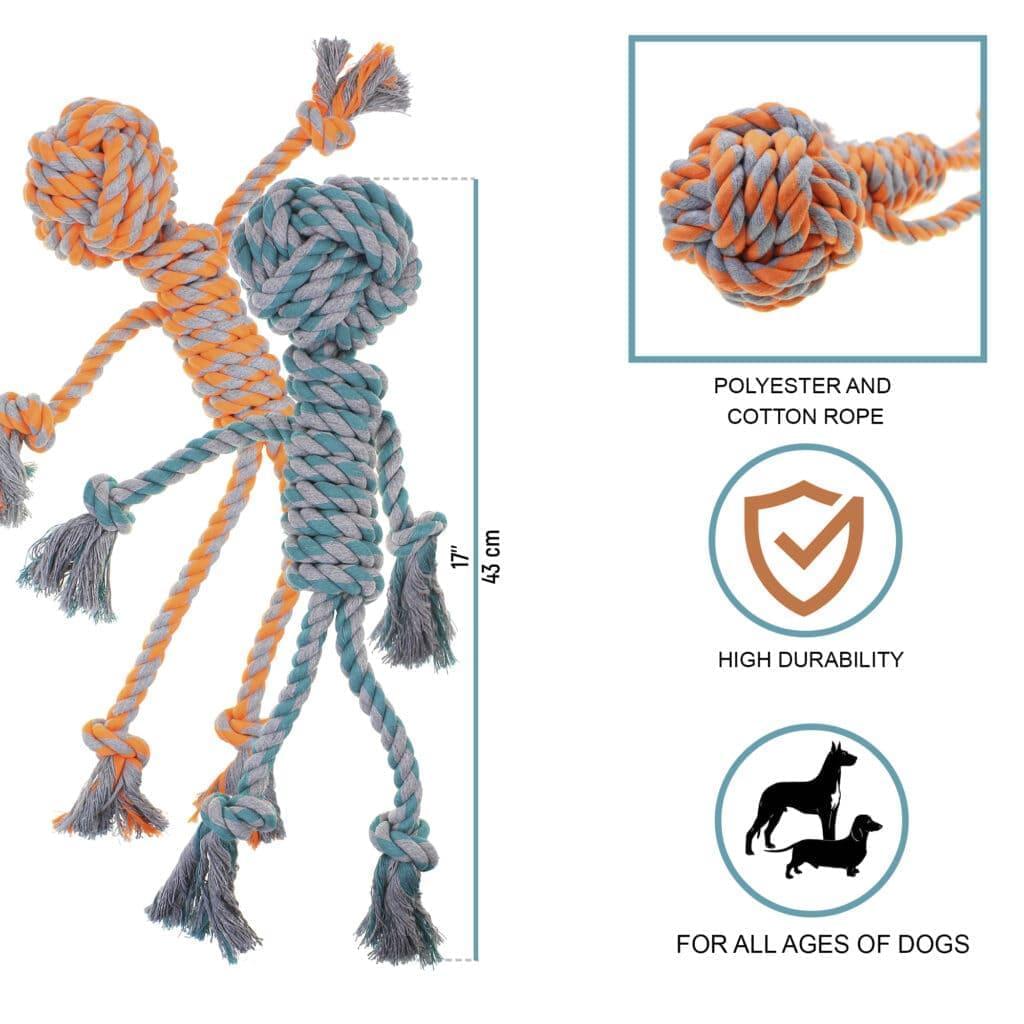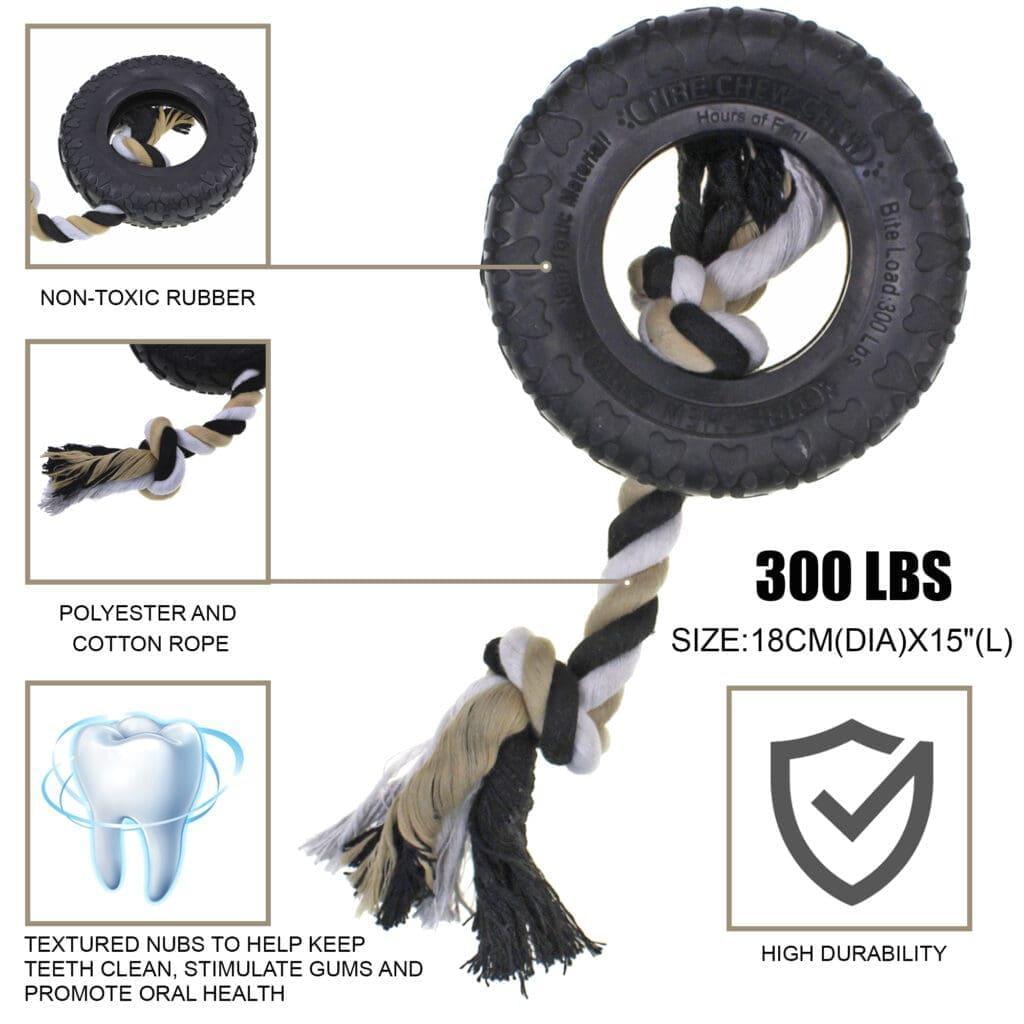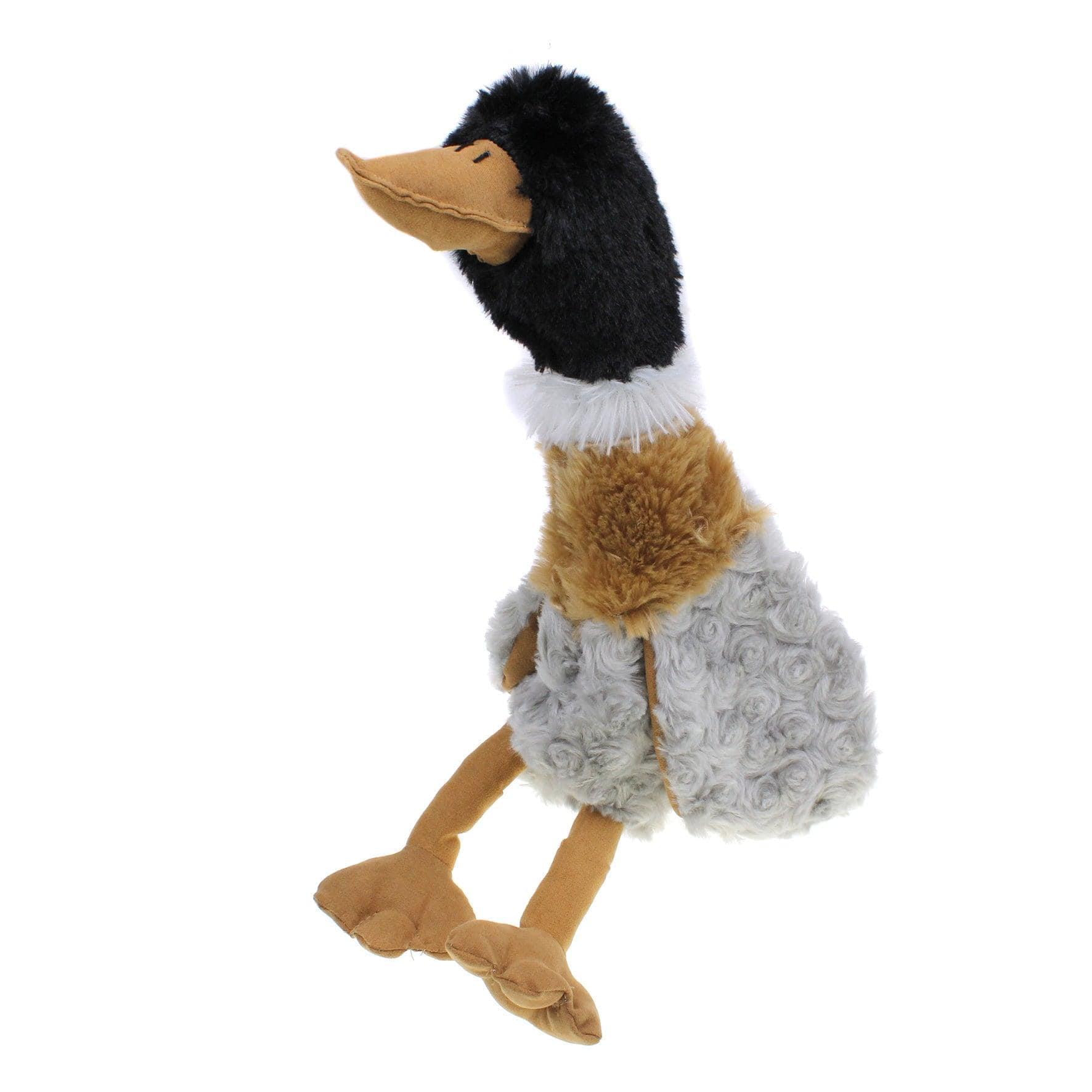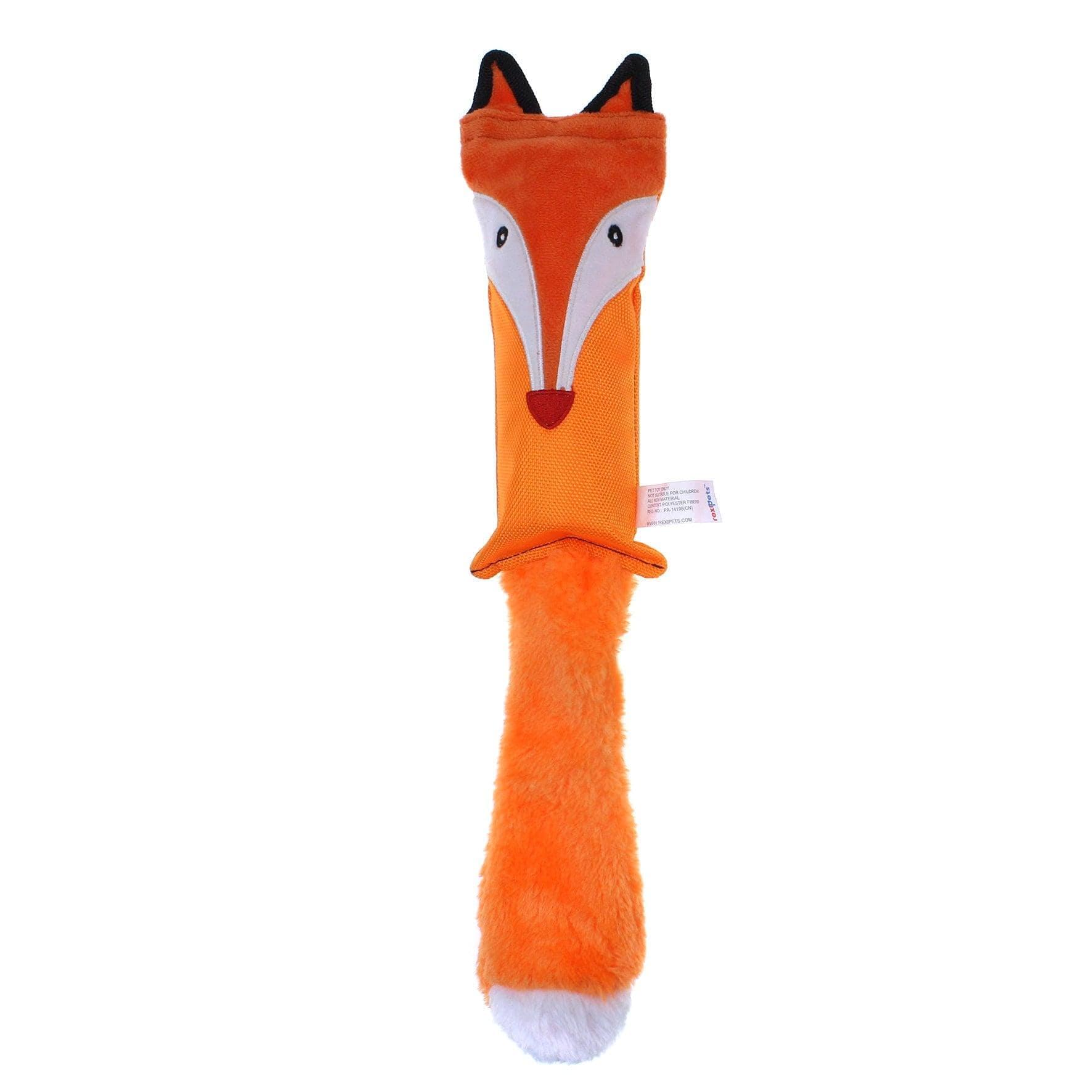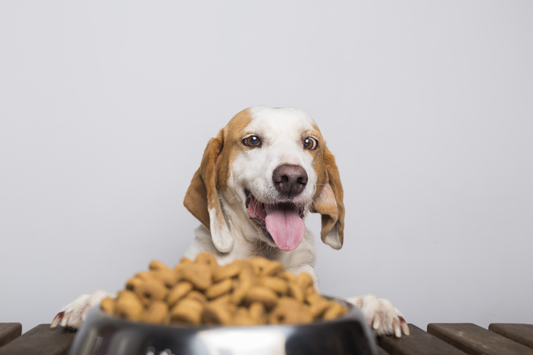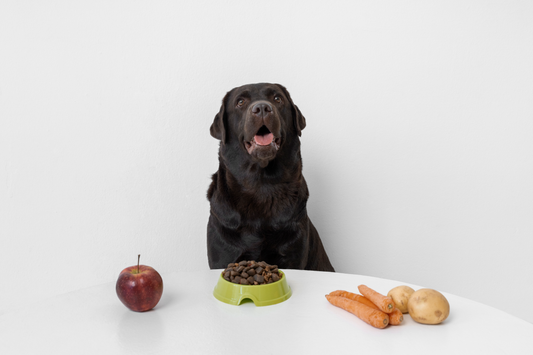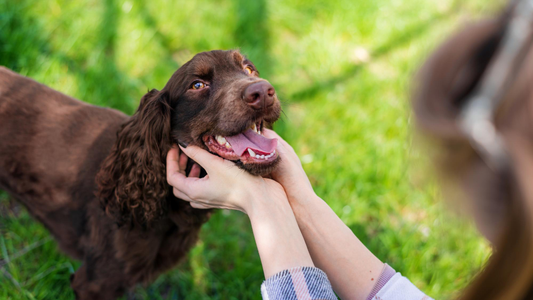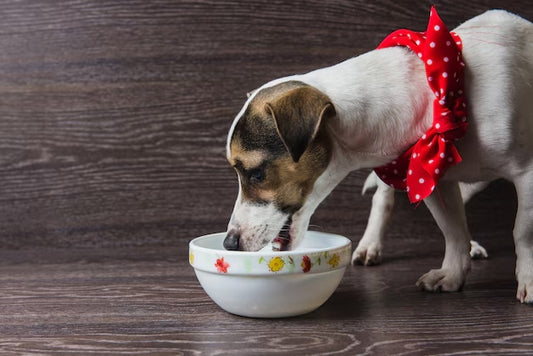
As responsible pet parents, we strive to keep our beloved canines healthy and happy. And today, we're tackling a question that may have left you curious: How long should one wait to feed their dog after deworming?
In this confusing doggie dilemma, we'll guide you through the process of deworming, dispelling any confusion along the way. We'll cover everything from the stomach-growling wait time to the dos and don'ts of post-deworming meal plans, from what to expect and what not to expect after deworming.
Together, we'll uncover the secrets to ensure your furry friend's tummy is happy, healthy, and ready to devour meals with gusto!
What Are The Signs That You Need to Deworm?
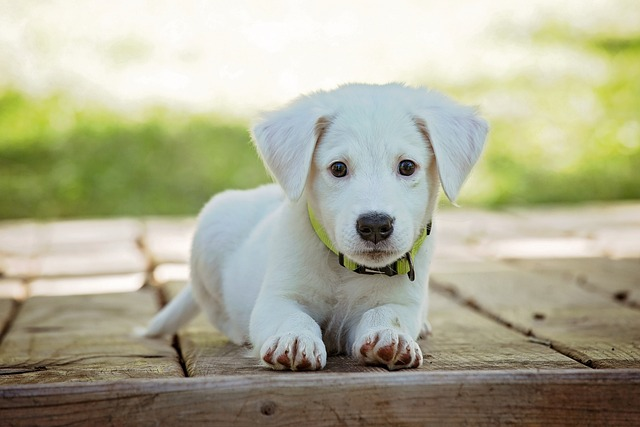
When it comes to intestinal worms, several common symptoms can provide indications of their presence. Let's elaborate on the symptoms you mentioned:
-
Abdominal pain
Intestinal worms can cause discomfort in the abdominal area. Dogs may exhibit signs of pain, such as restlessness, whimpering, or a hunched posture. They may also react when their abdomen is touched or pressed.
-
Diarrhea, nausea, or vomiting
Worm infestations can disrupt the normal functioning of the digestive system, leading to symptoms like diarrhea, which may be watery, loose, or contain mucus. Dogs may also experience nausea, resulting in occasional vomiting.
-
Gas and bloating
Excessive gas production and bloating can occur as a result of worm infestations. Due to increased gas accumulation, dogs may experience flatulence or have a distended or swollen abdomen.
-
Fatigue
Intestinal worms can cause nutrient deficiencies and malabsorption, leading to fatigue or a general lack of energy. Dogs may appear less active, sluggish, or less interested in their usual activities.
-
Unexplained weight loss
Worms feed on nutrients from the dog's body, leading to weight loss even when the dog has a good appetite. If a dog is losing weight without any apparent reason, it could indicate a worm infestation.
-
Abdominal pain or tenderness
Dogs with worm infestations may experience abdominal pain or tenderness. This discomfort can be mild to severe and may cause the dog to exhibit signs of distress, such as whining, avoiding touch on the abdomen, or adopting a protective stance.
It's important to note that these symptoms can vary depending on the type of worms present and the severity of the infestation.
Suppose you suspect your dog has intestinal worms based on these symptoms or any other concerning signs. In that case, it's crucial to consult with your veterinarian for a proper diagnosis and appropriate treatment plan.
Should I Give My Dog Deworming Medications Before Or After Eating?

If you want your dog to take deworming medications without any hassle, try giving them to them before mealtime. When they're feeling hungry, they'll be more likely to gobble it down without any fuss.
It is also generally recommended to give deworming medication on an empty stomach and not with dog food for the best effectiveness.
But, before you go give them the deworming medication, check the correct dosage. Dogs have different needs, so you want to avoid accidentally giving them too much. Just follow the instructions from your vet or the medication package to be safe.
You'll increase the chances of success by timing it right and giving the deworming medication before their meal. Your dog will get the right dose and be ready to kick those worms to the curb.
If you have any questions or concerns about giving worming tablets or other meds to your furry friend, don't hesitate to contact your vet. They're the experts and can provide the best advice for your dog's needs.
How Long Should One Wait to Feed Their Dog After Deworming?

Once you've successfully dewormed your dog, waiting 30 minutes to 1 hour is generally recommended before offering them their next meal.
After deworming, it's not uncommon for dogs to refuse food. But don't fret! This is a common side effect of deworming medications and is nothing to worry about. Your dog will start eating food eventually.
You can observe your dog's behavior during this time and see if their appetite picks up naturally. Suppose they seem less interested in their usual food. You can try exciting them with their favorite treats or a small portion of their preferred meal to get their appetite going.
If your dog's appetite doesn't return immediately, it's generally safe to resume its regular feeding schedule. Stick to their normal diet and portions unless otherwise advised by your veterinarian.
It is important to realize every dog is unique, and their response to deworming may vary.
It's always a good idea to consult with your vet if you have any concerns about your dog's appetite or overall well-being after the deworming procedure.
What To Feed A Dog After Deworming?
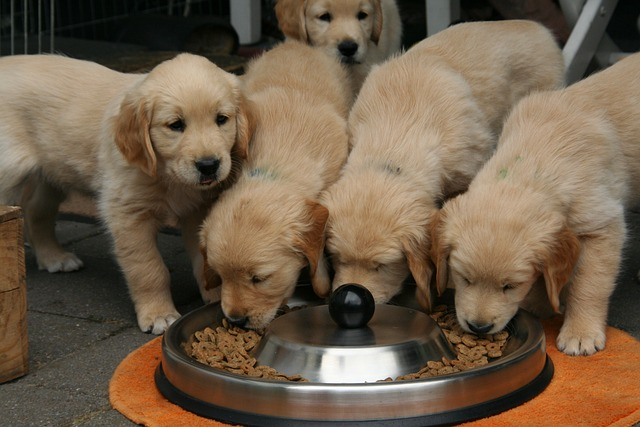
After your puppy has undergone deworming, providing them with gentle and easily digestible foods is crucial to support their recovering digestive system. Keeping an empty stomach for long intervals is not healthy. Here's a list of the best foods you can offer your puppy at home:
-
Boiled Lean Chicken or Turkey
Protein is essential for your puppy's growth, and they will find the taste of boiled chicken or turkey delightful. Remember to serve it without any seasonings to avoid irritating their stomach.
-
Canned Pumpkin
Opt for 100% canned pumpkin, not the sweetened pie filling variety. Canned pumpkin has a low glycemic index, providing a steady release of energy for your puppy, and is particularly beneficial for those with sensitive or upset stomachs.
-
Boiled Sweet Potato (Peeled)
Sweet potatoes have vitamins and offer a healthy alternative to rice. Ensure you peel them before boiling them, as the skin contains excess fiber that may be difficult for your puppy to digest.
-
White Rice
This is easy to digest and can be served with boiled lean meat, such as hamburger (lean ground beef). Prepare the rice as you would, ensuring it has cooled down to an appropriate temperature before offering it to your puppy.
-
Boiled Potatoes
If your puppy doesn't fancy sweet potatoes or rice, boiled white potatoes (peeled) can be an alternative option.
-
Canned Salmon or Tuna
Canned fish, when packed in water and free from oils, salt, or seasonings, provides your puppy with a healthy dose of nutrients. It's essential to avoid varieties that contain added ingredients that might be harmful to your pup.
-
Yogurt
Choose plain yogurt with no added flavors or sweeteners. Yogurt containing probiotics can promote a healthy digestive tract in your puppy.
-
Baby Food
Look for stage 2 baby food that is meat-based and doesn't contain seasonings or sugar. Baby food can be a convenient option if you're in need of a quick and easily digestible meal for your pup, and it is easy on your dog's digestive tract as well.
What To Expect After Deworming A Dog?
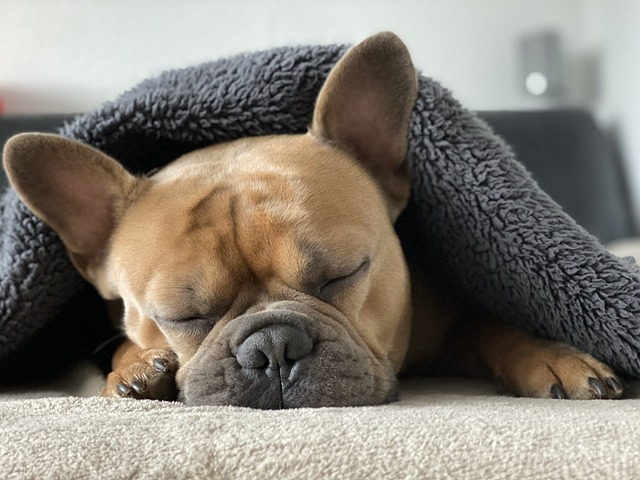
Worm infestation treatments usually kick in within two to six hours after giving them to your puppy. Some meds dissolve the worms, while others just paralyze them.
So, don't be surprised if you see dead worms still in your dog's poop after deworming - those worms are on their way out! It can keep happening for a few days or even longer but don't worry; it's normal.
Now, here's the important part: when cleaning up after your dog, properly dispose of the poop. We don't want those other worm eggs and larvae hanging around!
As for side effects, most deworming meds are safe, but your little buddy might experience a few things, such as:
-
Bloody Stool
Don't panic if you see some blood in your pup's poop after deworming. It's often because the live worms themselves are letting go and making their grand exit. But if the bloody stool continues for more than three days, it's best to give your vet a shout.
-
Diarrhea
Puppies can get a case of the runs after deworming. It's because those pesky worms irritate their intestines, causing an upset stomach. Usually, the diarrhea clears up within a couple of days. Just make sure your pup has plenty of water to stay hydrated.
You may also like: When Is Dog Diarrhea An Emergency
-
Lethargy
After deworming, your furry pal might not be as playful and energetic as usual. It's understandable since diarrhea can be uncomfortable. Keep an eye on them and ensure they have lots of water. Rest and recovery time is essential!
Remember, these side effects are usually temporary and not something to fret about. But if you notice anything concerning or it goes on for too long, contact your vet for advice and peace of mind.
So, don't sweat it if your pup experiences these things. Deworming is essential to their overall health, and these minor hiccups are well worth having a happy, worm-free companion in the long run.
When To Call the Vet?
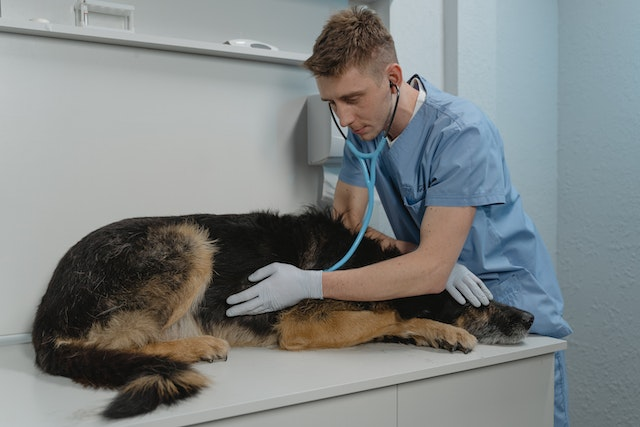
If your furry friend hasn't eaten anything for 12 hours, it's time to reach out to the vet. Seek help from a vet if you notice the following signs:
- If they're not drinking water
- Seem weak or lethargic
- Shake or twitch their muscles (which could be a sign of possible seizures)
- Have trouble breathing or start coughing
- Have pale gums
- Show signs of pain or discomfort
Even if it hasn't been a full 12 hours, your dog has an empty stomach; trust your gut as a pet parent. Don't hesitate to contact your vet if anything seems off or if you're worried about your pup. They're the experts who can assess your puppy's situation and provide guidance.
Remember, your puppy's well-being is super important. If you notice anything that's not right or concerns you, it's better to play it safe and contact the vet.
Final Word!
To wrap it up, when it comes to feeding your dog after deworming, it's generally recommended to wait 30 minutes - 1 hour before offering their regular meal.
However, after deworming, it's common for some dogs to have a temporary decrease in appetite. But don't worry too much! It's usually just a passing side effect. Suppose your dog's appetite remains low for an extended period, or you notice other worrying symptoms. In that case, it's a good idea to reach out to your vet for advice.
To make the deworming process smoother, try introducing it before mealtime. Just be sure to double-check the correct dosage to avoid any mishaps.
And hey, let's not forget about proper poop cleanup! Dispose of your dog's waste responsibly to prevent the spread of worm eggs and larvae. And, of course, always wash your hands thoroughly afterward.
By following the guidelines outlined in this article and staying vigilant, you can ensure their well-being and effectively tackle any worm infestations.
Moreover, if you ever have any concerns or questions about deworming or your dog's health in general, don't hesitate to reach out to your vet. They're the experts who can provide tailored advice and support on worm infection based on your furry friend's needs.
So, take care of your pup, follow the instructions, and keep those worms at bay!
Frequently Asked Questions (FAQs)
How often should I deworm my dog?
Worming treatment depends on factors like age, lifestyle, and where you live. It's a good idea to check with your vet for their specific recommendations based on your dog's unique needs. Generally, adult dogs are usually dewormed at least twice a year or every 3 to 4 months. By following your vet's guidance, you can ensure your dog stays healthy and protected against worms. Remember, regular deworming is integral to your dog's overall care.
How To Prevent Worms In Puppies
To prevent worm infection in puppies, you can take a few essential steps. First, make sure to follow your vet's recommended deworming treatment schedule. Regular deworming treatments are crucial to eliminate internal parasites and prevent new infestations.
Maintaining a clean living environment is also key. Clean up your puppy's poop promptly and dispose of it properly to minimize the spread of worm eggs. Avoid areas with known infestations or contaminated soil that may harbor worms. Practicing good hygiene is essential too. Wash your hands thoroughly with soap and water after handling your puppy or cleaning up after them.
By implementing these preventive measures, you can significantly reduce the risk of worms in your puppy and promote their overall health and well-being.
